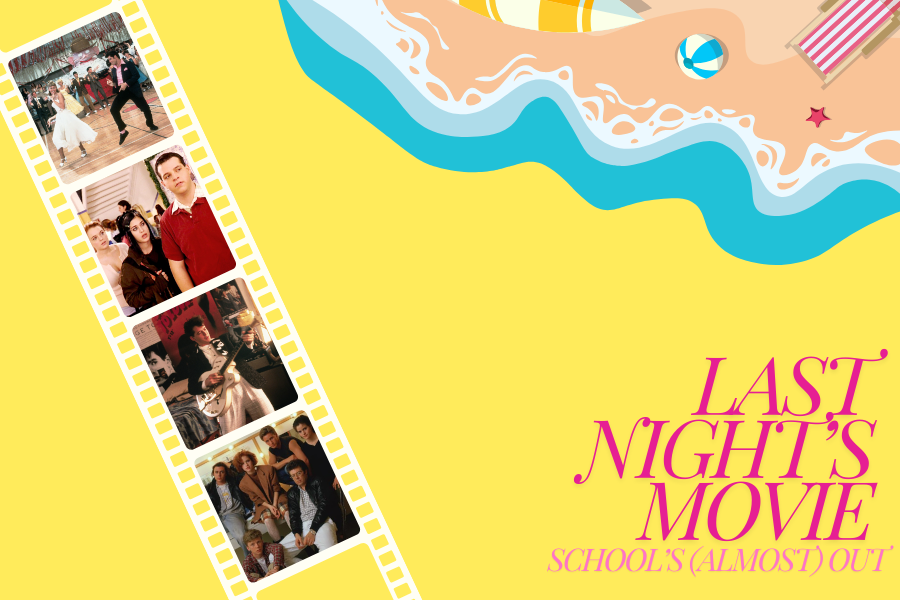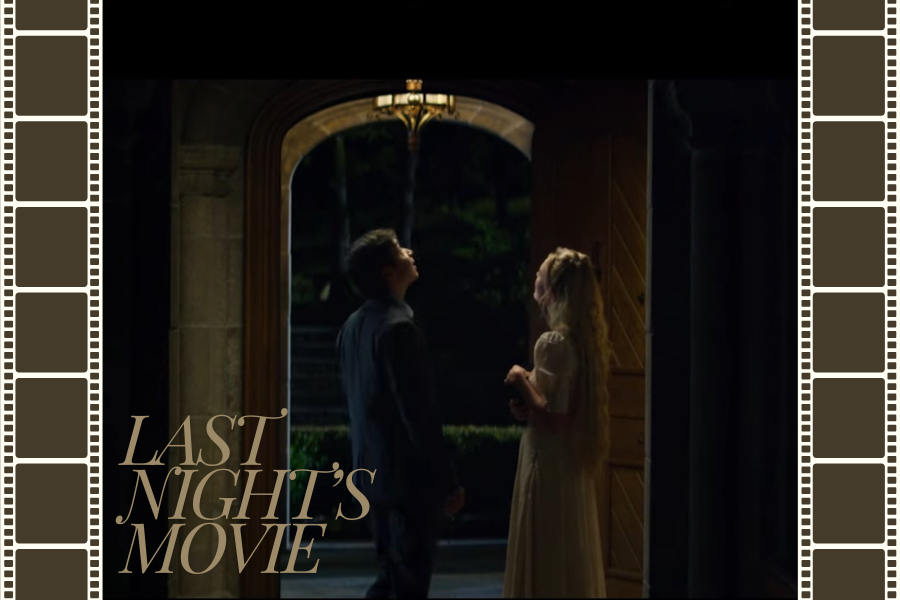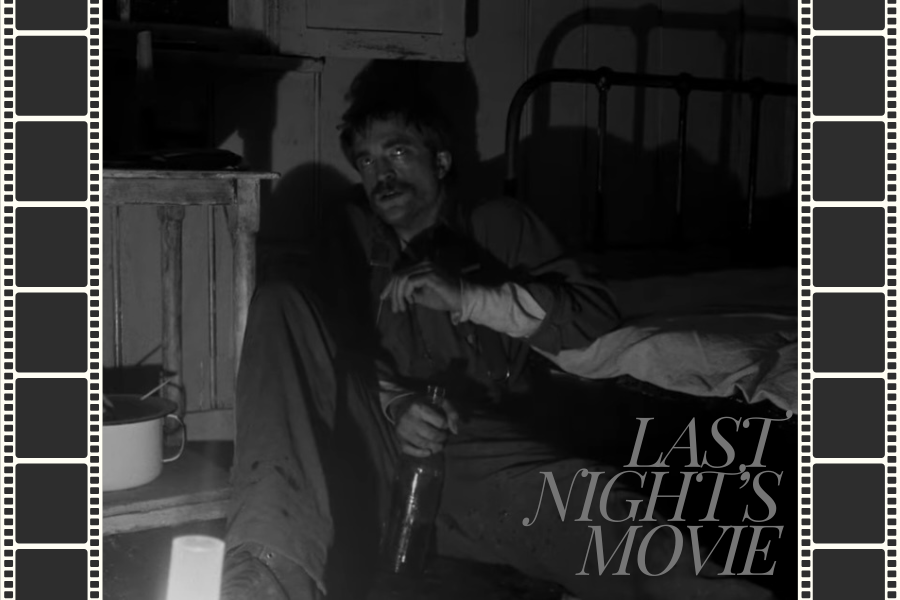Everyday when I wake up I look forward to going back to sleep at the end of the day.
Not necessarily because I don’t enjoy my time awake, but more because the thought of going through a whole day is exhausting, and I’m noticing it’s becoming just as exhausting for everyone else too.
Naturally, a typical day consists of: waking up, going to school, eating here and there, coming home and spending at least an hour alone, going to extracurricular activities or work, coming home late, eating dinner, scrolling through social media for a couple of hours and finally going to sleep. All of these tasks, every single day, every single year. As this vigorous process goes along it becomes harder each day to maintain a proper attention span.
We’re living in a world with heavy distractions. There is essentially no moment where you couldn’t be doing just one thing at one time. Cleaning your room comes with headphones and music, doing homework is paired with a distant murmur of a television show in the background—it is nearly impossible for a young adult to do anything in silence.
Now, listening to classical music while working on an English assignment isn’t a bad thing, in fact, it’s been a common practice for years now. The real problem lies in the idea that an individual would struggle to work without a sort of distraction in their ears. It all comes down to the abuse of media consumption and the normalization of habits that are essentially unhealthy. For example, a majority of people realized that eating a meal is easier while watching a short video on YouTube, and it became popularized throughout other social media platforms where audiences were like, “Now I can’t go a single meal without watching Youtube”— and that’s really not a great thing.
This leads our generation, and especially the one below us, down a deep rabbit hole. It becomes an issue for us to stay focused for any video longer than 60 seconds. An average movie (90 minutes) can absolutely feel like two hours when a brain is hardwired to tap out if attention isn’t peaking 15 seconds in. This is a dangerous game to play, mainly because it starts to factor into things like school or work. The abuse of media consumption has made it nearly impossible for a student to sit and focus in class for 42 minutes, eight times in a day. There is no more genuine enjoyment for the things people have to say, or the messages full-length movies have to offer. It’s the issue of listening to someone else speak in order to respond rather than listening to someone else speak in order to, simply, listen. There are so many instances where I’ll even catch myself hearing words that I frequently hear online and being reminded of certain videos, which leads me to think of other videos, and others, and others and others—until I realize that I haven’t been listening to anything important for the past 10 minutes.
The term “brain rot” has become popularized online which, ironically enough, is the problem in itself. However, I have to agree in the sense that there is media being created that has little artistic value that is negatively impacting everyone who consumes it. Not to mention the fact that the new uprising of children are already starting to get on social media at an alarmingly early age. Impressionable, naive and unaware of the harm, it’s easy for children that young to get caught up mindlessly scrolling.
Lots of content creators are aware of this epidemic and know exactly what their target audiences want to see. Fake news has always been a problem, but nobody under the age of 18 uses Facebook on a regular basis. All of this content goes straight to TikTok, a platform where scrolling is literally the only mechanic of the app. While all the problems of the world are misconstrued and mass produced into short videos, it’s easy to be influenced by what is seen and more dangerously, what is being said in the comment section. The phrase I hear most commonly used and a phrase I’m also guilty of using is, “Well I saw this TikTok video where…” and there is no liable resources to even back up what I saw. It challenges the question of: What is even reliable anymore? What can I share that won’t make myself look like an idiot or even put others in danger?
Being addicted to social media is inevitable. There is no changing the course of the future the internet has created for humanity; however, it is possible to challenge yourself to cut back. Spending dinner with your family or friends can be enjoyed without the urge to pick up your phone, even though it’s an instinct that is sometimes unconscious. The safety of picking up a phone and scrolling through Instagram during an awkward situation or when you’re feeling uncomfortable is a real thing, and I find that we don’t notice how our phones can pose as a buffer for the discomfort the real world can bring. It is something that can be worked on.
Learning how to retrain your brain into enjoying the moment despite how dreary it can be is attainable. The motto “enjoy the present moment” seems cliche, but it is a valuable tool to master. We can’t let the overconsumption of media ruin what good humans are truly capable of.









